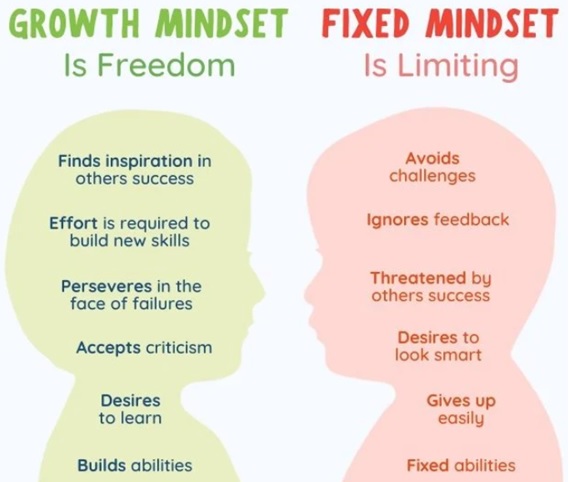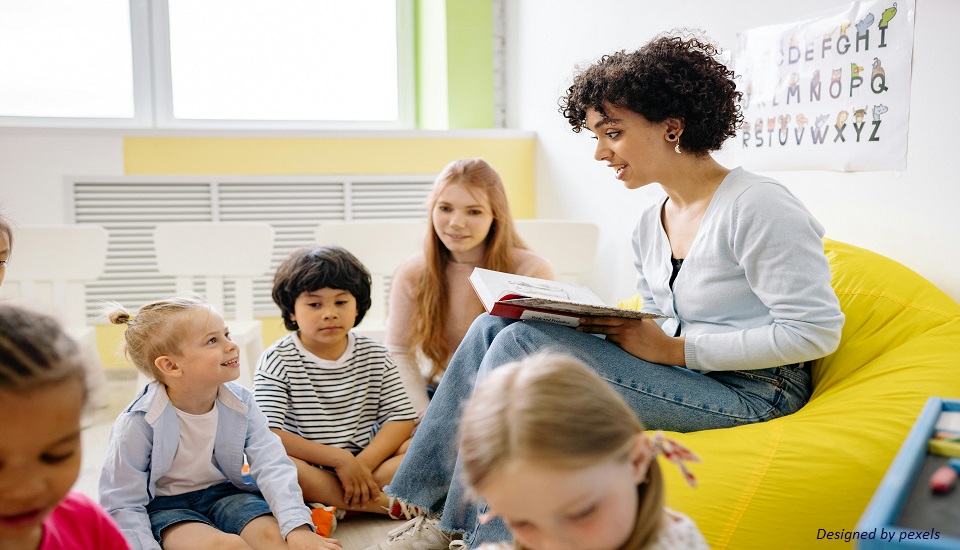What do kids learn in kindergarten? Yes, they learn ABCs and numbers. But they also learn something more. They learn about themselves. They start to think things like 'I can't draw' or 'I'm good at puzzles.' These thoughts can stick with them for a long time. That is why teaching kids about growth mindset when they are little is so important.
Building a Growth Mindset in Kindergarten
As a teacher trained in early childhood training online courses, you must be aware that the brain at this age is still very flexible. Studies suggest that a child's brain reaches nearly 90% of its full growth by the time they turn five.
Kindergarteners are like little sponges. They absorb everything from numbers and letters to feelings and feedback. So, this is the perfect time to tell them:
- Don't give up when things are hard.
- Know that making mistakes helps them learn.
- Try new ways to solve problems.
- Believe you can do better at anything with practice.
As a result, kids don't get stuck thinking 'I'm just not good at this.' Instead, they think 'I can't do this YET, but I will keep trying.' This helps kids see that trying hard is what matters.

Source: biglifejournal.com
How to Build the Growth Mindset in Kindergarteners
Now, that you know the importance of the 'can-do attitude' in kindergarten children, let's see how you can get started:
1. Turn Mistakes into Learning Chances
When a child messes up in kindergarten, maybe they spell a word wrong or knock over a block tower, don't just fix it for them. Instead, try saying:
- 'That mistake is helping your brain grow!'
- That didn't work? Let's try another way.'
- 'Hmm, what can we learn from this?'
When kids see that adults are not upset about mistakes, they feel safe trying new things. Mistakes begin to feel like learning moments instead of something scary or shameful.
2. Praise Efforts More than Talent
The words you use with kids matter a lot. When you say 'You're so smart!' it might seem nice. But it can make them afraid to try hard things. They might think, 'If I struggle, maybe I'm not smart after all.' Instead, try praising what they do:
- 'You worked so hard on that puzzle!'
- 'I like how you kept trying different ways to solve that.'
- 'You didn't give up even when it got tricky!
Kids who receive this kind of encouragement are more likely to tackle challenges and keep going when things get hard.
3. Use Open-Ended Activities
Give kids tasks that have no single ‘right’ answer. Let them build anything they want with blocks and create art without strict rules.
Let them sort objects in ways that make sense to them. Allow the space that encourages them to make up their own stories.
Exploring and trying new things matters more than getting the 'right' answer. When there is no fear of being wrong, kids take more chances. And that is where real learning happens.
4. Ask Questions Instead of Giving Answers
When a child makes a mistake, don't jump in with the right answer. Try asking:
- 'What made you think that?'
- 'What made you think that way? Can you explain?'
- 'What else could we try?'
These questions help kids think about their own thinking. They learn to solve problems gradually, step by step. And they feel that their ideas matter, even when they are imperfect.
Bottom Line
When you teach the 'can-do attitude' early, you teach kids to face new challenges with excitement instead of fear. Educators who pursued the early childhood care and education courses, understand that a growth mindset makes setbacks temporary, not permanent. So, start now. The earlier you plant the seeds of growth, the stronger the roots will be.
Written By : Varsha
